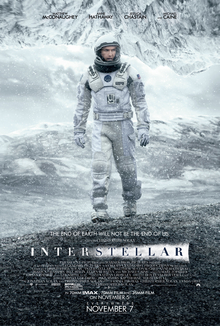 |
| Tom Hanks, Edward Burns, Tom Sizemore, and Jeremy Davies in Saving Private Ryan |
Sgt. Horvath: Tom Sizemore
Pvt. Reiben: Edward Burns
Pvt. Jackson: Barry Pepper
Pvt. Mellish: Adam Goldberg
Pvt. Caparzo: Vin Diesel
T-4 Medic Wade: Giovanni Ribisi
Cpl. Upham: Jeremy Davies
Pvt. Ryan: Matt Damon
Capt. Hamill: Ted Danson
Sgt. Hill: Paul Giamatti
Lt. Col. Anderson: Dennis Farina
"Steamboat Willie": Joerg Stadler
Minnesota Ryan: Nathan Fillion
Gen. Marshall: Harve Presnell
War Dept. Col.: Dale Dye
War Dept. Col.: Bryan Cranston
Elderly Ryan: Harrison Young
Elderly Ryan's Wife: Kathleen Byron
Director: Steven Spielberg
Screenplay: Robert Rodat
Cinematography: Janusz Kaminski
Production design: Thomas E. Sanders
Film editing: Michael Kahn
Music: John Williams
The criticisms usually leveled at Saving Private Ryan are that its framing scenes of the elderly Ryan visiting the cemetery in Normandy are superfluous and sentimental, that it trades on war-movie clichés such as the ethnically mixed company of soldiers (an Italian, a Jew, a Brooklynite, a Bible-quoting Southerner, and so on), that it eschews any portrayal of the enemy as other than cannon-fodder, and that there's no overall originality of vision on its director's part. And they're all valid criticisms. Are they outweighed by the sheer brilliance of Steven Spielberg's movie-making -- and that of his usual team of cinematographer Janusz Kaminski, editor Michael Kahn, and composer John Williams? As a lover of movies I have to say they are. I would like Robert Rodat's screenplay to be edgier and more intelligent. I would like for the film to provoke thought and to give us a new vision on World War II. But each time I watch the film I come away admiring the way Spielberg and company push my reservations about it into the background as I'm caught once again by the masterly way they manipulate both the medium and its audience. I have learned to ask more of movies than Spielberg gives us -- the unique personal visions of Ozu and Hitchcock and Tarkovsky, for example -- but I'm also content to suspend my expectation that all movies should aspire to that standard and to let myself be manipulated into temporary submission to simple wonder at mastery of the medium.



